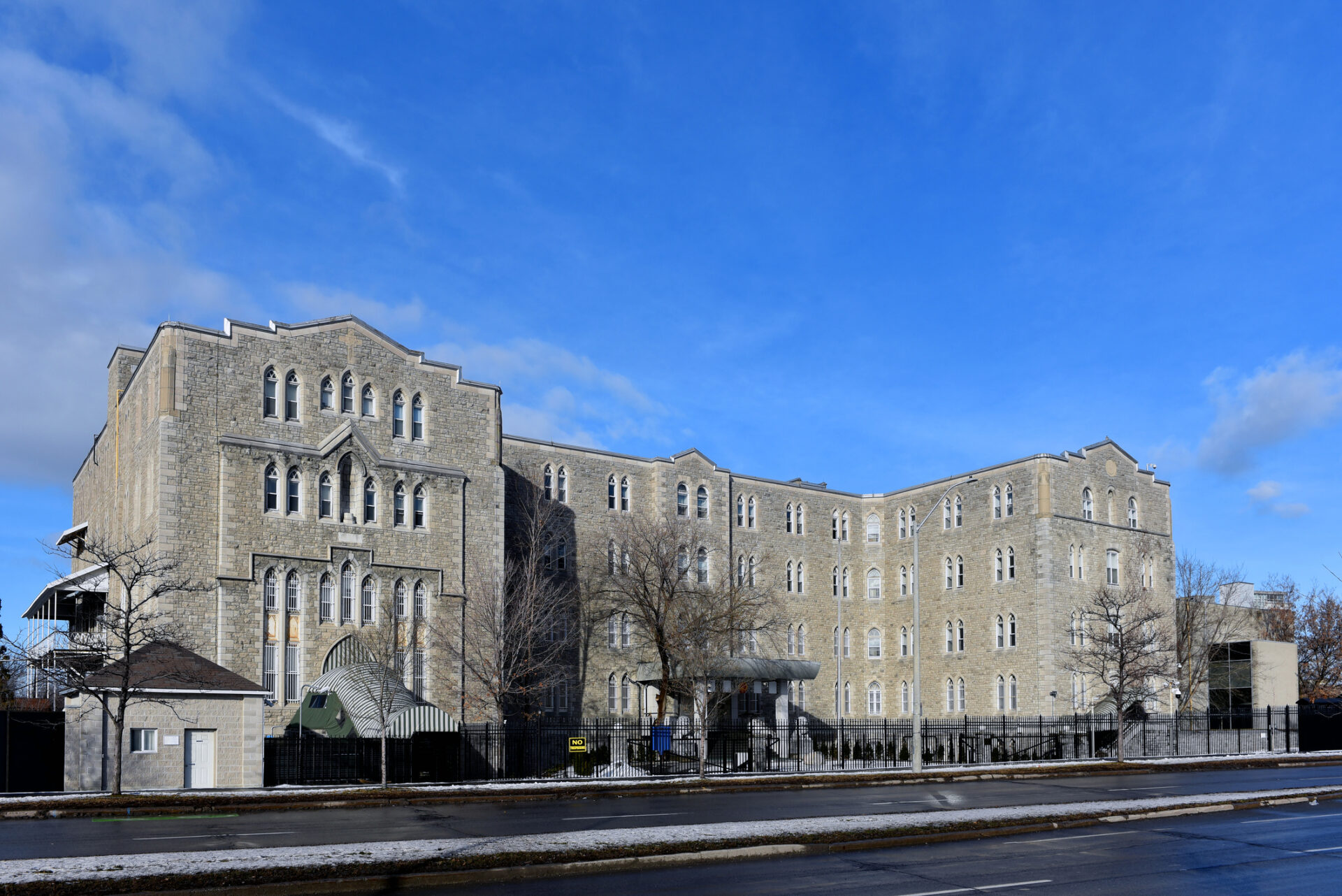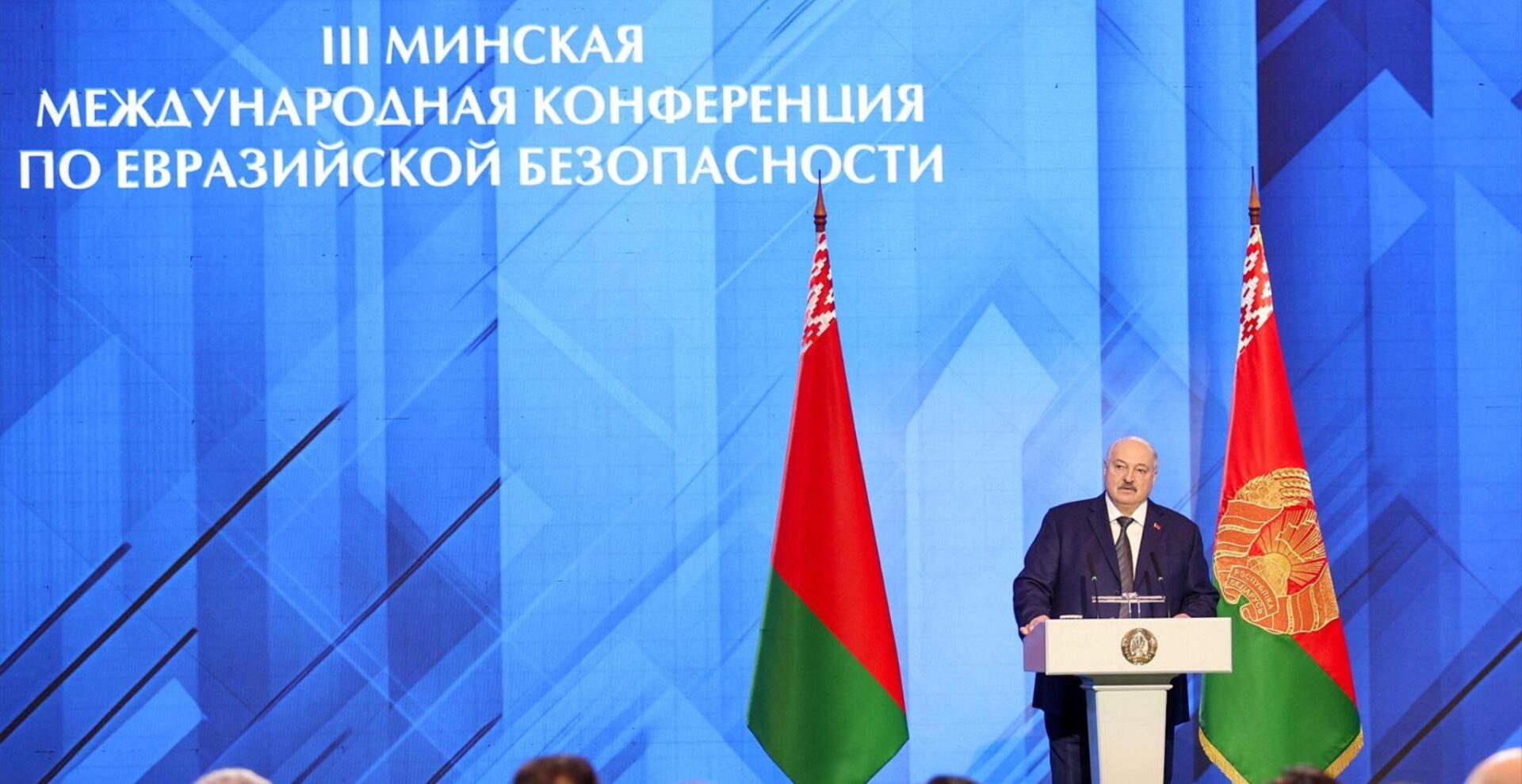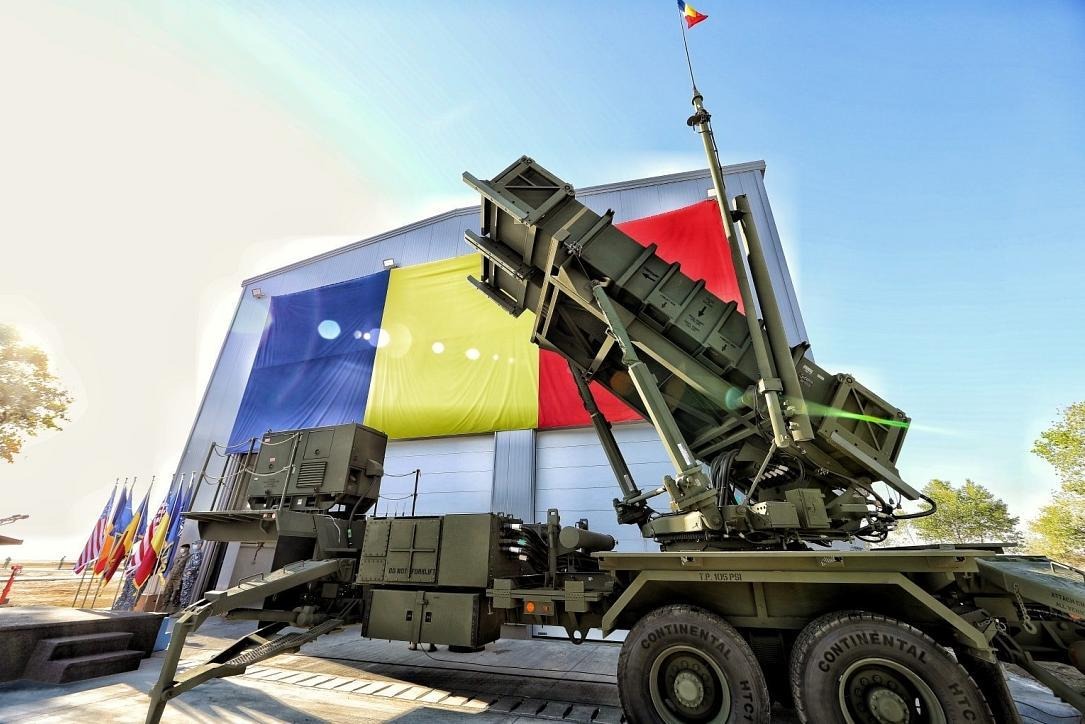THE WEEK AHEAD: RUSSIANS ARE LIKELY TO SUFFER MORE CASUALTIES IN CHECHNYA
THE WEEK AHEAD: RUSSIANS ARE LIKELY TO SUFFER MORE CASUALTIES IN CHECHNYA
The Week Ahead: Russians are Likely to Suffer More Casualties in Chechnya
More discussions on the fate of the Black Sea Fleet, a Russianassault on Chechen strongholds in the mountains, and electioneeringin both Russia and Armenia will dominate the week ahead.
Black Sea Fleet Talks
Even if Russian president Yeltsin and Ukrainian president Kuchmareach some accord on the division of the fleet and its basingrights, their agreement will not end the problem but rather sparknew debates both in their respective countries and serve as abellwether for other governments in the former Soviet space. Yeltsinand Kuchma are likely to try to announce some progress at theirSochi session June 9, but neither man has much freedom to maneuver.Yeltsin is under pressure at home not to yield on control of thefleet and its base at Sevastopol. Kuchma, fresh from his triumphover the Ukrainian parliament, nonetheless cannot afford to makemany concessions either. Consequently, whatever the two men do,their countrymen will continue the debate. That in turn makesit more likely that Kiev will ultimately carry through with itsthreat to declare the Black Sea Fleet to be a foreign force, andto demand that it be removed. Such a situation would invite Western,and possibly American, mediation efforts and would lead to a moreindependent stance by Kiev and by other CIS states. In response,Russian nationalists could press for harsher measures againstany or all of them.
Chechnya
Russian military commanders are likely to launch a major pushinto the mountains in the south of Chechnya this week. They havealready expelled or arrested Western and Russian journalists andmedical workers, to eliminate the opportunity for an independentassessment of what the Russian army is doing. The Chechens willresist stubbornly on what is very much their own ground, and casualtieswill skyrocket. While Moscow is unlikely to publicize the totalnumber of Russian dead–it has consistently understated Russianlosses in this war–Russians will learn from the neighbors andfrom Western broadcasts about the mounting death toll. That willcertainly provoke a debate in the Duma, and could spark anti-wardemonstrations in major Russian cities. As the Russian troopsadvance, Chechen president Dzhokhar Dudayev will be under mountingpressure from his subordinates to launch terrorist attacks elsewherein Russia, and to send his men into neighboring republics to sparka larger war.
Election Campaigns
And the election campaigns in both Russia and Armenia will beginin earnest. In Russia, both political and economic groups arenow choosing sides, with Prime Minister Viktor Chernomyrdin pickingup most of the support from economic elites but little support,to judge by the polls, from the population. Duma speaker IvanRybkin’s left of center bloc appears to be gaining in popularsupport, but both of these Yeltsin-sponsored blocs still trailother political parties on the left and right in many regions.In Armenia, the government continues to crackdown against theopposition, closing papers and starting a trial of 11 men whoYerevan says are part of an Armenian nationalist conspiracy. Oppositionleaders, drawing support from the Armenian diaspora, appear tobe making some headway in the rush for votes, but President Ter-Petrosyan’sefforts to ensure a responsive parliament will poison the outcomewhatever it may be.
Other developments next week will include:
–Yeltsin will almost certainly have to make a decision on theretirement of Lt. Gen. Aleksandr Lebed, the controversial commanderof the 14th Russian Army in Moldova’s Transdniestr region. TheRussian president faces a Hobson’s choice: if he allows Lebedto retire, the general will probably enter politics against him.If Yeltsin does not, the president’s standing with the defenseministry will decline.
–The Russian Duma will probably pass a bill–actively opposedby both Yeltsin and Prime Minister Viktor Chernomyrdin–grantingextensive new powers to the Kaliningrad region. That region, cutoff from Russia since the independence of Lithuania and Belarus,is currently suffering from an economic slowdown as a result ofMoscow’s policies.
–The three Baltic governments will sign accords with the EuropeanUnion June 12, to set in motion the process by which the threecountries could ultimately join that organization. They are thefirst former Soviet republics to be allowed to take this step.
–Belarusian officials will try to convene the country’s old parliamentJune 14 so that it can lower the quorum requirements for the newone, and thus allow the deputies elected in May to meet. The firsttwo rounds of elections failed to fill even 50 percent of theseats.
–Scholars at the Russian Academy of Sciences are likely to goahead with plans to conduct a symbolic strike next week to protestdeclining government support for educational establishments atall levels. Organizers say that the failure of the governmentto support education and research is both promoting a brain drainto the West, and is hurting the country’s future.


